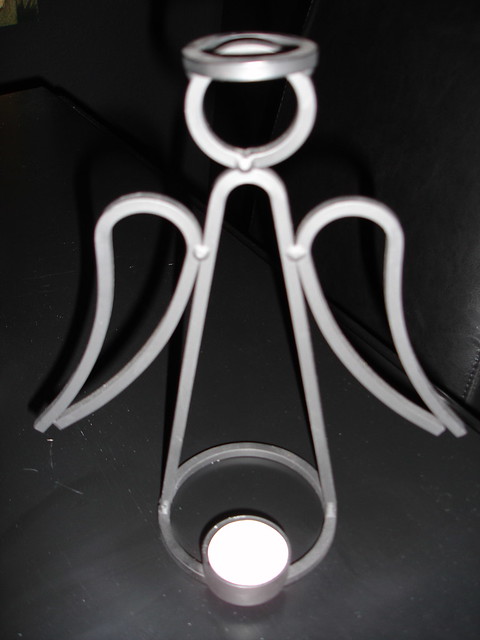Miscarriage and the Confusion of Sinful Grief: A Response

© 2007 Melissa Doroquez, Flickr | CC-BY-SA | via Wylio
I stumbled upon an article entitled Miscarriage and the Confusion of Sinful Grief that was posted at the Reformed Christian website “The Gospel Coalition”.
Jamie Carlson (who recently miscarried) wrote the post as a reflection on sin and grief. Here’s a quick except from her post:
After my miscarriage, it hit me—grieving and sinning go together. Perhaps the most confusing and ongoing part of miscarriage recovery was fighting temptation and rooting out the sins laid bare by suffering. Grief came as expected, but the intensity of emotions made it so difficult to distinguish temptation and sin from grief that I was paralyzed—unable to move forward toward healing.
Jamie continues by stating that soon after she miscarried, a number of her friends started announcing their pregnancies. She classifies her reactions of jealousy, annoyance, anger and minimization to such announcements as “sin”, as something inherently wrong.
Part of me is sensitive to Jamie’s situation. My wife and I often experienced similar feelings of jealousy after we came to the realization that we were infertile. It was hard to share in another person’s pregnancy announcement when we knew we could never conceive.
And while I respect Jamie and her attempt to overcome her feelings of jealousy and anger towards other expecting mothers, I think it should be made absolutely clear that grief is NEVER inherently wrong.
As much as I disagree with Jamie’s basic idea that “sinning and grieving” go together, we should understand that we DO stupid things when we grieve. And there ARE healthy ways to grieve and unhealthy ways to grieve. Not every response to grief is good. Not every way of handling grief is healthy.
But the conversation becomes really convoluted when we shift our talk about grieving from “healthy grief vs. unhealthy grief” to Jamie’s language that points to “holy grief vs. sinful grief.”
Healthy grief is always messy, disorganized, and full of new, raw emotions. Healing a wound involves blood, scabs, stitches, bandages and other less desirable devices. Same with healing from grief (although I’m not sure we ever really heal from grief). There are healthy ways of healing a wound and there’s unhealthy ways. To think, though, that those unhealthy ways are sinful only adds another burden to the already burdened soul of the bereaved.
Associating grief with sin encourages our strong tendency for people to hid their grief. It’s culturally normal for us to repress our thoughts, our tears, our emotions to the detriment of our healing. Imagine how much more we’d repress our thoughts, our tears, our emotions if we thought such things were boarding sinful?
Grief must be shared. It must be talked about. And it should never be hidden like it’s some ugly sin.
I hope Jamie finds healing. And I hope she finds friends who let her share her very normal, very human and very messy grief.
